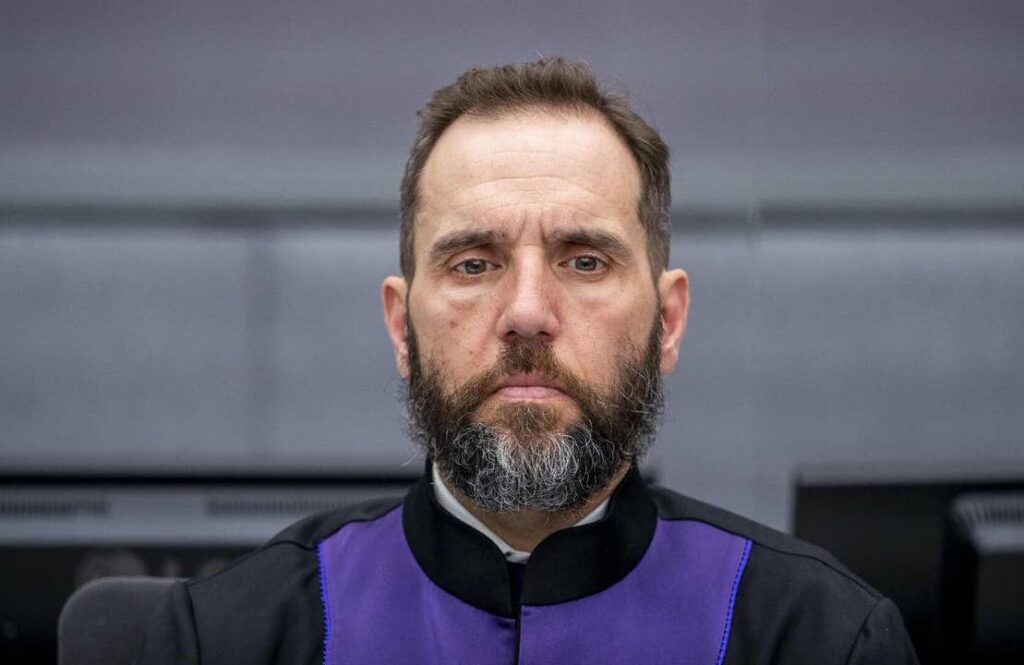Jack Smith has scored a major legal victory over a House Republican

When trying to assess what’s going on in a criminal investigation, it’s important to keep in mind that whatever is making its way to the media is usually only a small fraction of what all is going on behind the scenes – and even then it’s usually only becoming public on a delay. For instance we all learned this month that DOJ Special Counsel Jack Smith had Donald Trump’s lawyers testify against him to a grand jury last month. And many of these DOJ subpoenas that are just now being reported were actually issued long ago. Now we have another such instance.
Even though it’s become fairly clear that Jack Smith is planning to criminally indict Donald Trump, there has been an ongoing question about what he may or may not do to House Republicans who were also involved in January 6th. So long as they were allegedly conspiring with Trump in some way, it’s fair game for him to indict them. And even if they were merely communicating with Trump about January 6th in a manner that wasn’t criminal on their end, Smith can still treat them like material witnesses.
For instance, two months ago a federal judge had ruled in favor of the DOJ and against House Republican Scott Perry, in a battle over his January 6th related emails. Perry has since appealed this ruling, so it hasn’t been settled yet. But even with the appeal ongoing, the original judge has unsealed her original ruling, and it’s a doozy.
It turns out the judge ruled that the DOJ is entitled to thousands of Perry’s emails, and that the speech and debate clause doesn’t come close to protecting them. We’ll see what the court of appeals ends up doing. But now we know that the original ruling set an extraordinarily strong precedent when it comes to the DOJ having access to January 6th related discussions between Trump and members of Congress. This could also end up applying to Mike Pence’s feeble and likely to be short lived attempt at using the speech and debate clause to avoid testifying against Trump.
It’s the latest reminder that when it comes to a grand jury investigation, everyone who’s subpoenaed by the grand jury has to testify before too long; the courts make sure of that. When grand jury subpoenas are disputed in court, the courts end up fairly swiftly deciding which kinds of questions have to be answered and which pieces of evidence have to be turned over. Once those parameters are decided by the courts, there’s no magically running out the clock, and non-compliance will land you in jail.
It’s also a reminder that, even in something like a judge’s ruling, we’re still only getting isolated pieces of the puzzle, and we’re largely getting them well after the fact. We don’t even know for sure yet if Jack Smith views Scott Perry as a material witness or a criminal target. Nor do we know if Smith intends to indict Trump before matters like Perry’s emails, or Pence’s testimony, are resolved. We’ll find out all of that eventually. But for now, this investigation is pretty clearly well ahead of what we know about it.
